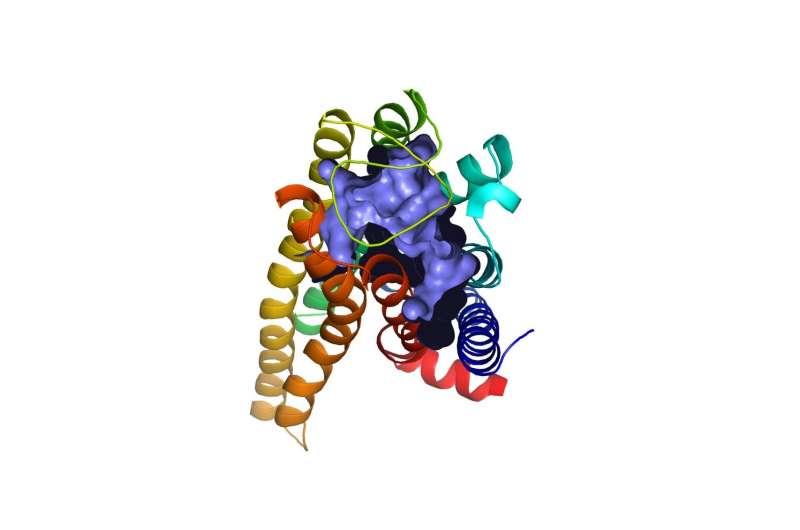New findings on the effect of Epsom salt鈥擡psom salt receptor identified

A team of scientists headed by Maik Behrens from the Leibniz-Institute for Food Systems Biology at the Technical University of Munich has identified the receptor responsible for the bitter taste of various salts. These include Epsom salt, which has medical uses. The discovery elucidates the physiological mechanisms by which Epsom salt affects the heart or gut. The team has now published their findings in the journal Biochemical and Biophysical Research Communications.
Magnesium sulfate, also known as hair salt or Epsom salt, is probably the best-known bitter-tasting salt. The naturally occurring mineral is named after the British city of Epsom, where it was extracted from spring water in 1697. Today it is used for such medical applications as treating constipation or certain cardiac arrhythmias.
Maik Behrens and his team have now identified a receptor that reacts to Epsom salt or to salts containing magnesium or divalent manganese and iron ions. It is the bitter receptor TAS2R7, one of the 25 different bitter receptor types that people possess.
More than just taste sensors
As gatekeepers in the mouth, bitterness sensors warn against the ingestion of potentially toxic substances. In addition to phytochemicals such as caffeine, these also include drugs such as chlorphenamine, an antihistamine. Another group of substances represent certain salts that can cause significant side effects when consumed in too high doses.
Recent studies indicate that the receptors not only act as taste sensors, but also mediate physiological effects of bitter substances. Thus, bitter receptors are found in organs such as the heart or intestine. "Interestingly, both organs respond to the supply of magnesium salts," says study leader Behrens. An overdose of magnesium salts has been shown to cause a drop in blood pressure, cardiac arrest, severe diarrhea and vomiting, the researcher said. However, the molecular mechanisms underlying the respective physiological reactions are still unclear.
The researchers are convinced that the discovery of the Epsom salt receptor will help to better understand the physiological effects of minerals and to develop new therapeutics for, for example, heart disease.
More information: Maik Behrens et al, The human bitter taste receptor TAS2R7 facilitates the detection of bitter salts, Biochemical and Biophysical Research Communications (2019).
Journal information: Biochemical and Biophysical Research Communications
Provided by Leibniz-Institut f眉r Lebensmittel-Systembiologie an der TU M眉nchen

















